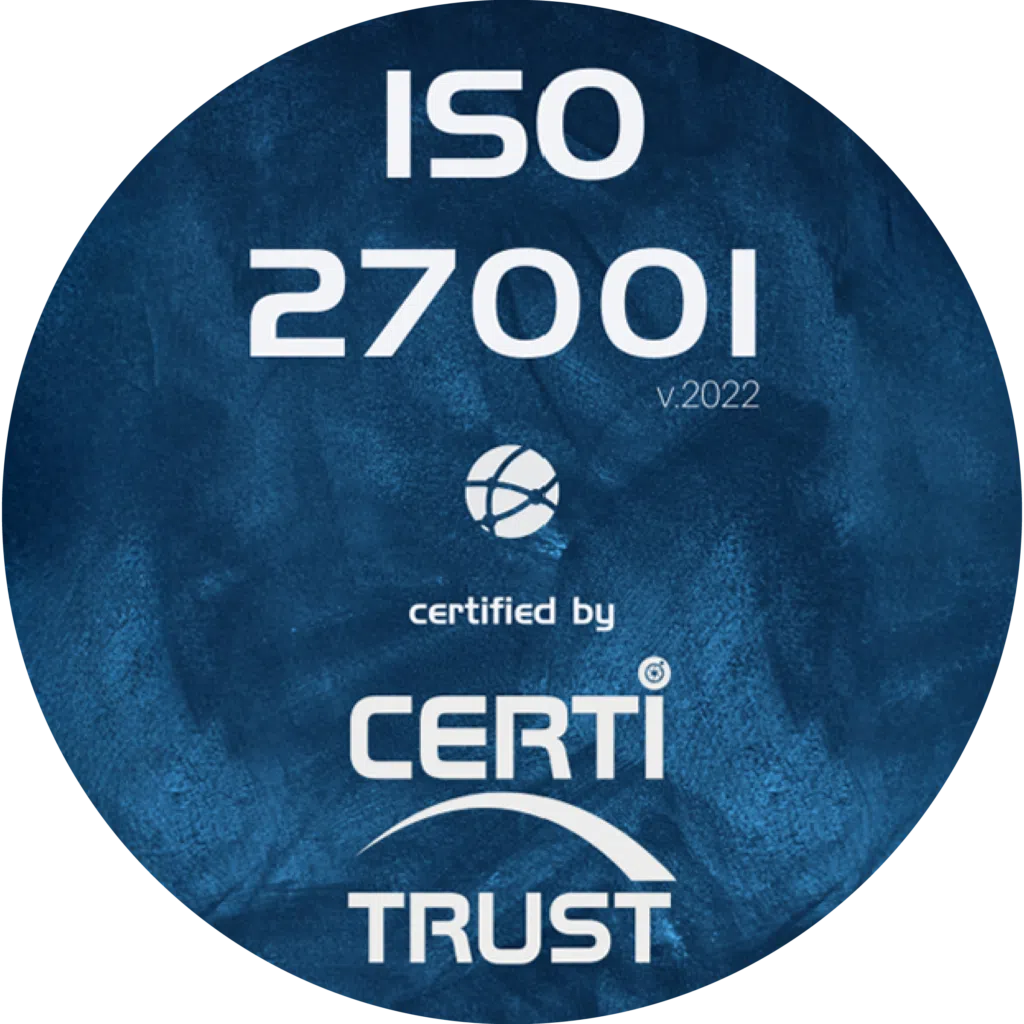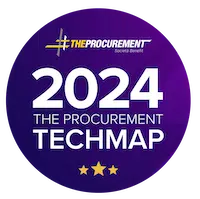In a CSR purchasing approach, all stakeholders are involved. Companies wishing to introduce a responsible purchasing policy must inform their employees and suppliers. How can you ensure the sustainability of your company? There are many ways: by using renewable energy sources, by reducing water, paper or electricity consumption, by choosing an environmentally-friendly production process or by investing in recycling systems.
What is responsible sourcing? It means that companies should seek products and services from suppliers who respect human rights and the environment. They must also be socially and economically responsible.
What is sustainable procurement?
Responsible purchasing is part of a strategy for managing the supply chain in terms of environmental protection, social responsibility and economic development. The 4-step strategy can help you achieve this.
It aims to create positive impacts on society and the environment by using resources more efficiently than ever before.
The main objectives of this strategy are:
- Reduce the negative impacts of the global economy on the environment and the people who live in it.
- Promote practical fair trade.
- Create jobs for local communities.
- Help protect the health of workers and consumers.
- Increase efficiency in the use of natural resources.
- Improve corporate governance.
- Strengthen competitiveness.
- Support the transition to a low-carbon economy.
- Contribute to the achievement of the United Nations Sustainable Development Goals (SDGs).
We need to take an interest in sustainable procurement because it meets new regulations.
The benefits of good supplier relations
There are several reasons why it is important for companies to have a positive relationship with their suppliers.
Firstly, it allows them to make more informed decisions about what they buy. This leads to better quality products at lower prices.
Secondly, it helps them reduce costs. For example, if a company buys recycled plastic, it won’t need to pay for new raw materials.
Thirdly, it makes commercial sense. A good relationship between buyer and seller increases sales and profitability.
Fourthly, it improves a company’s reputation. When customers know that a company has made efforts to improve its environmental performance and social responsibility, they tend to trust it more.
Fifthly, it creates opportunities for both parties. Companies that care about the environment and society can offer their suppliers incentives such as discounts.


New standards in sustainable procurement policy
In recent years, interest in sustainable procurement has grown. Most European countries now require companies to report on their supply chain activities. These reports include information on the amount of CO2 emissions generated during the production of goods and services, for example. Implementing a responsible purchasing policy helps to structure this new process and ensure compliance with standards.
Companies wishing to sell their products in Europe must comply with these rules. However, the EU does not yet have specific legislation on sustainable public procurement. This lack of regulation means that there is no legal obligation for companies to take into account the impact of their purchases on the environment and society when making their purchasing decisions. This is one of the reasons why some companies still do not take into account the environmental impact of their purchases.
Yet sustainable purchasing is becoming increasingly popular with consumers. According to a survey conducted by the European Commission (EC), almost half of Europeans would like more information about the environmental impact of the products they buy. If this trend continues, we will reach the point where most people will demand that companies take account of the environmental and social consequences of their purchases.
The label awarded to responsible purchasing and supplier relations
To help companies become more environmentally friendly, the EC launched the Responsible Purchasing and Supply Chain Management (RSPCM) initiative in 2010. The RSPCM programme encourages companies to develop strategies to improve their sustainability performance. It also provides tools and advice to companies wishing to develop their own strategy.
The RSPCM initiative was created because the EC believes that “responsible purchasing practices should be encouraged throughout the value chain”. Consequently, the RSPCM label is designed to encourage all those involved in the purchasing process to take account of the environmental and social aspects of their activity. In this way, the label can encourage responsible purchasing. Companies are reassured and can have greater confidence in suppliers who uphold eco-responsible values.
The aim of the RSPCM label is to provide transparency for buyers. In other words, it helps them to understand what kind of impact their purchases have on the environment and society. Other environmental labels exist to raise awareness among the various players. The aim is to reduce the environmental impact of companies on society.
What are a supplier’s environmental practices?
Suppliers can obtain the RSPCM label if they meet certain criteria, including environmental criteria. For example, suppliers must:
- Have an environmental policy statement;
- Be transparent about their environmental policies;
- Ensure that their suppliers follow the same environmental policies as they do;
- Ensure that their suppliers are aware of any environmental issues or risks associated with their business activities;
- Provide training to their employees so that they know how to identify potential environmental problems;
- Provide a mechanism for reporting environmental incidents to the authorities;
- Take measures to prevent pollution from entering their supply chains;
- Take steps to ensure that their waste is recycled or reused;
- Ensure that their suppliers comply with relevant environmental protection laws and regulations;
- Encourage short supply chains;
- Have procedures in place to deal with complaints about environmental damage caused by their suppliers.
Sustainable procurement is becoming increasingly popular with consumers. However, the current sustainable procurement certification system is not working well enough. Companies need to find ways of ensuring that their suppliers meet the same standards as they do. This means that purchasing processes need to change in order to be more environmentally and socially responsible. As environmental risks are always present, it is important to adopt good practices that meet the principle of Corporate Social Responsibility.
Want to learn more about our Weproc procurement management software?
Contact us or request your 15-minute demo below!









